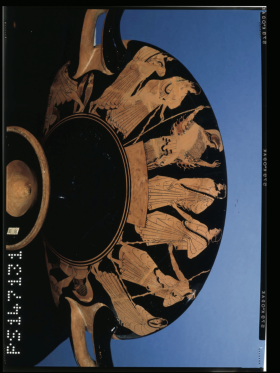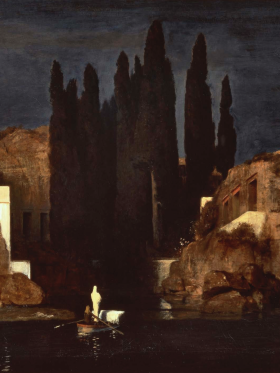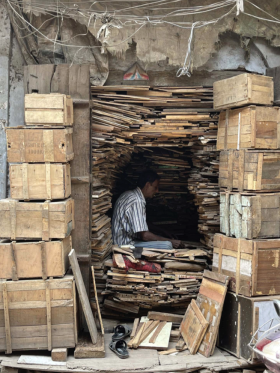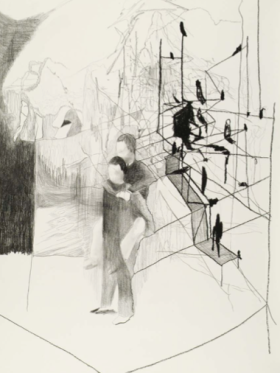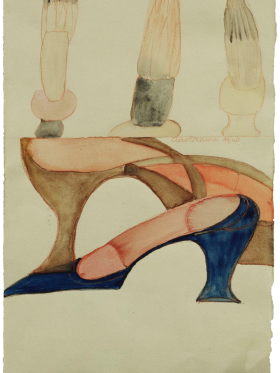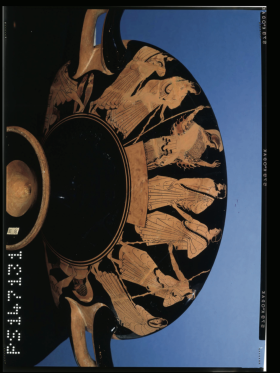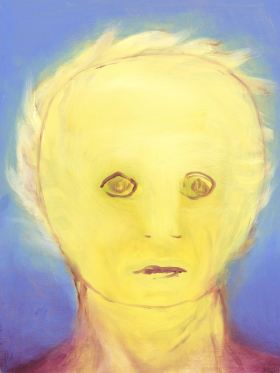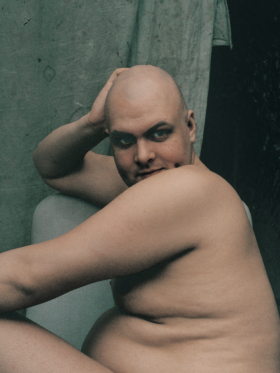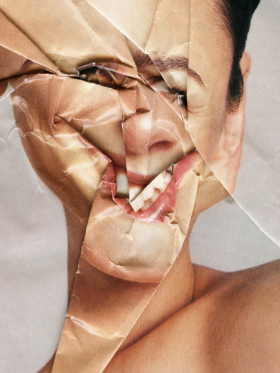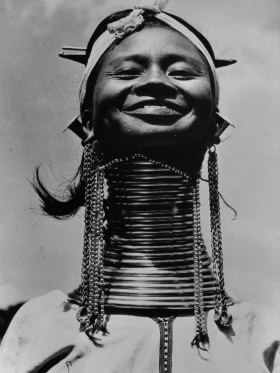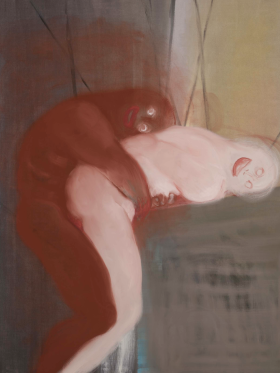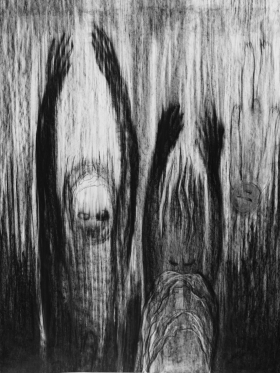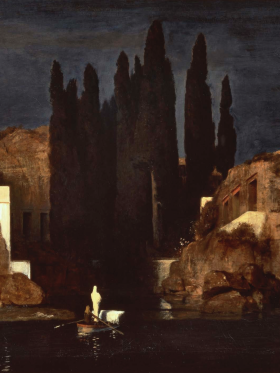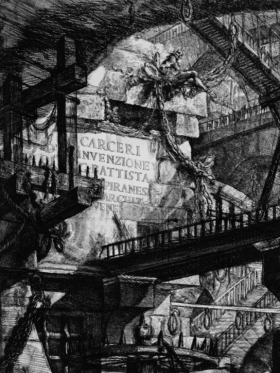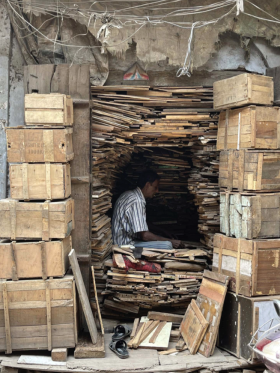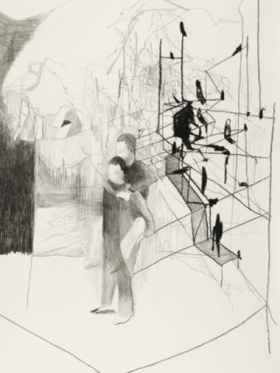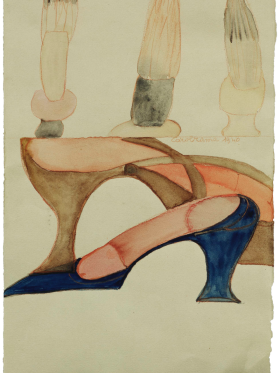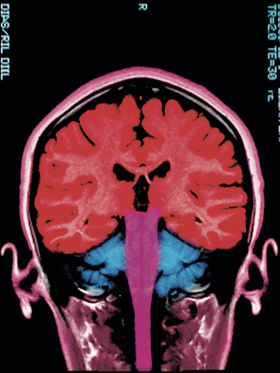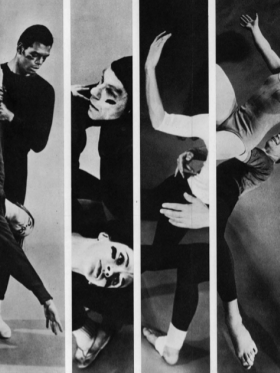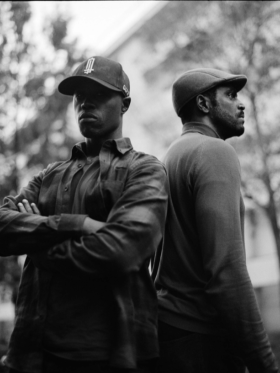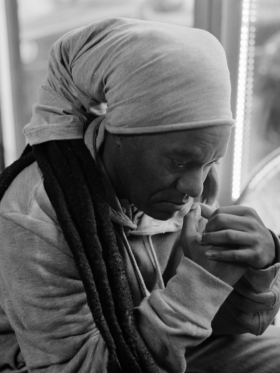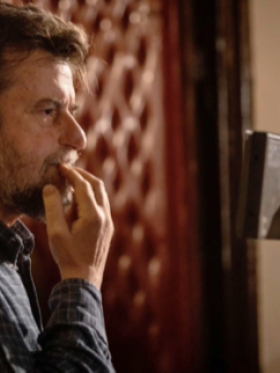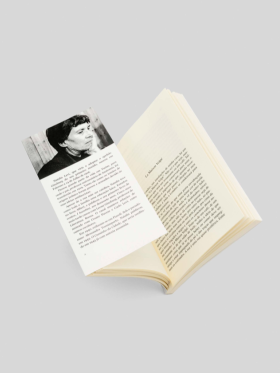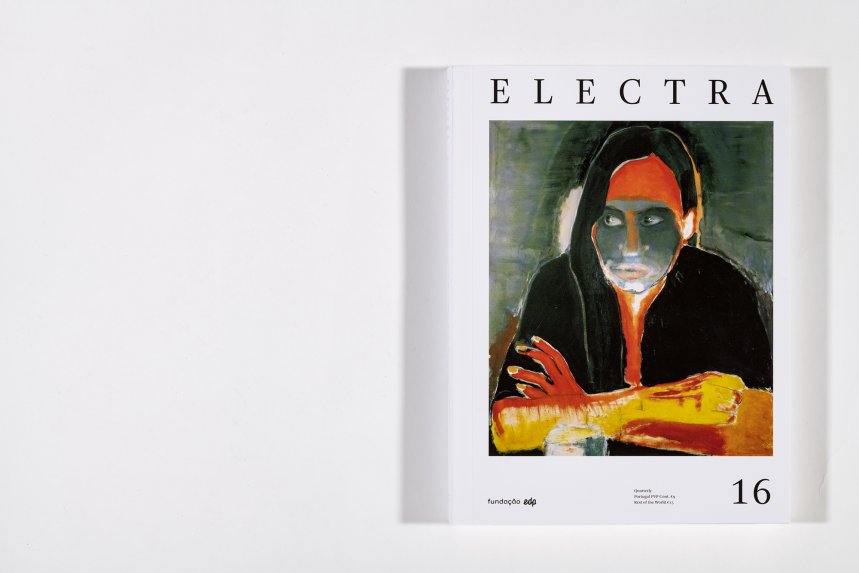
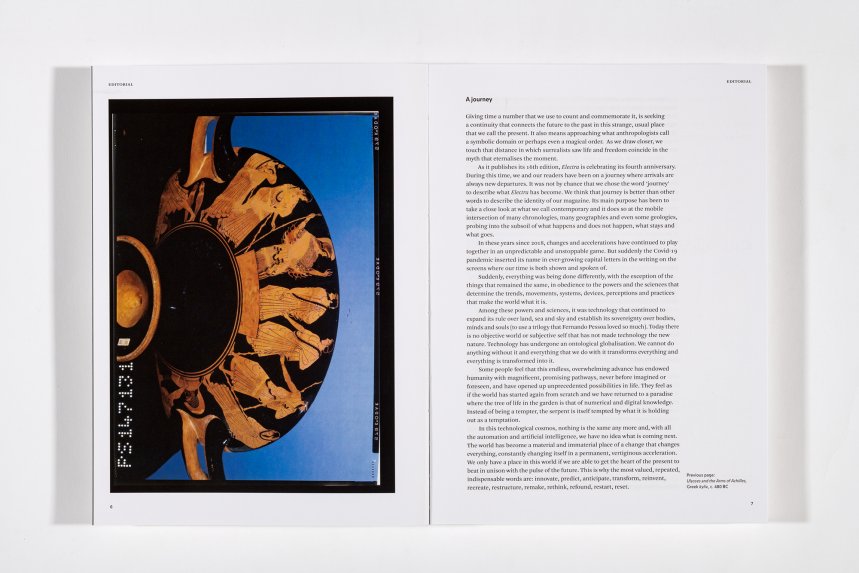

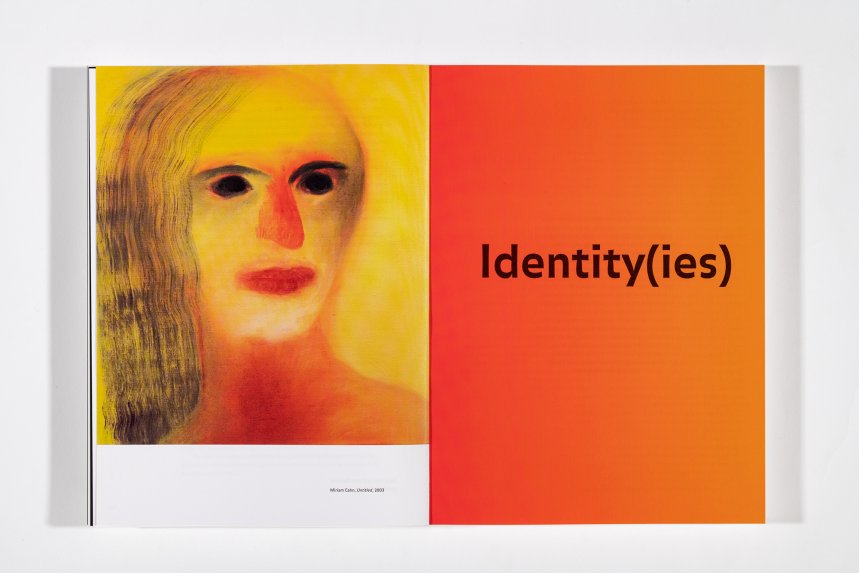
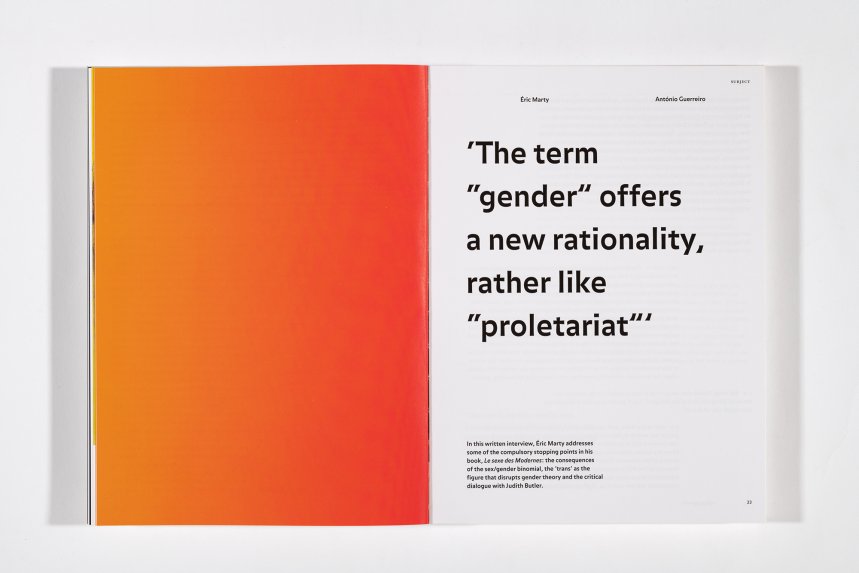
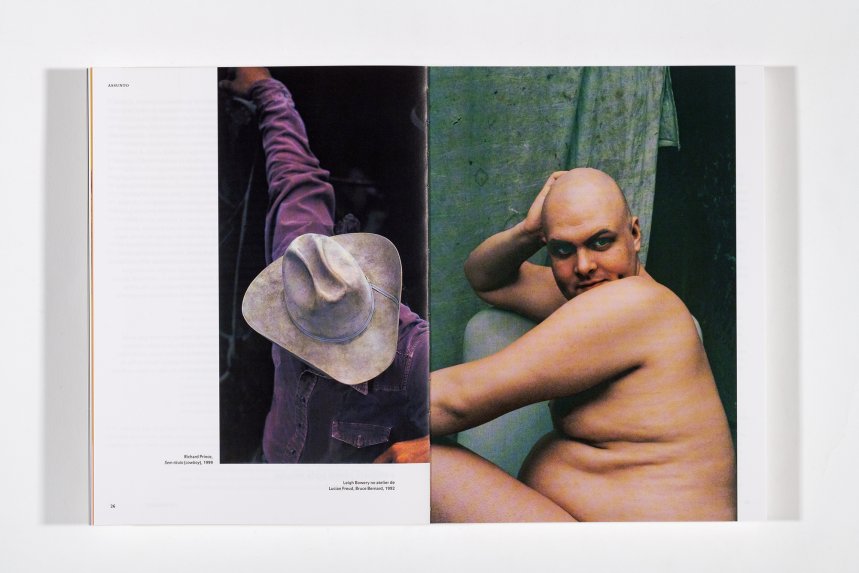
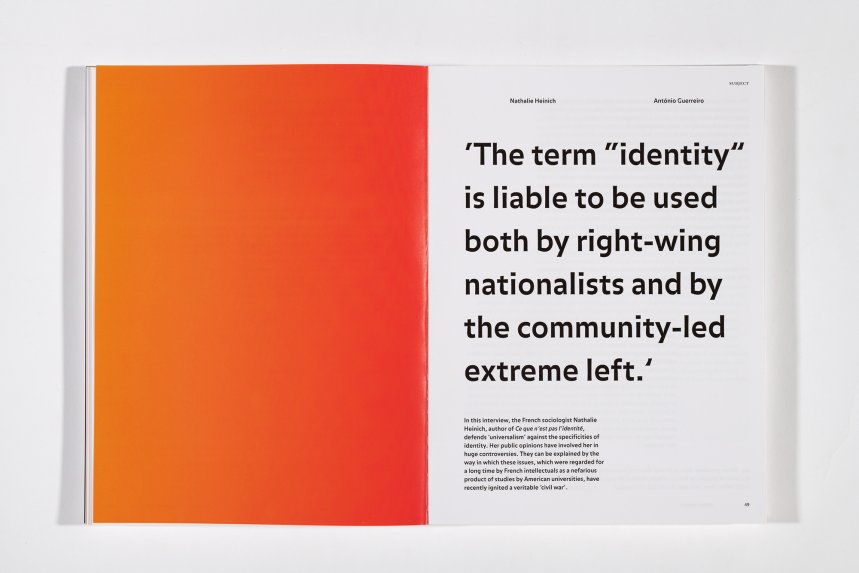
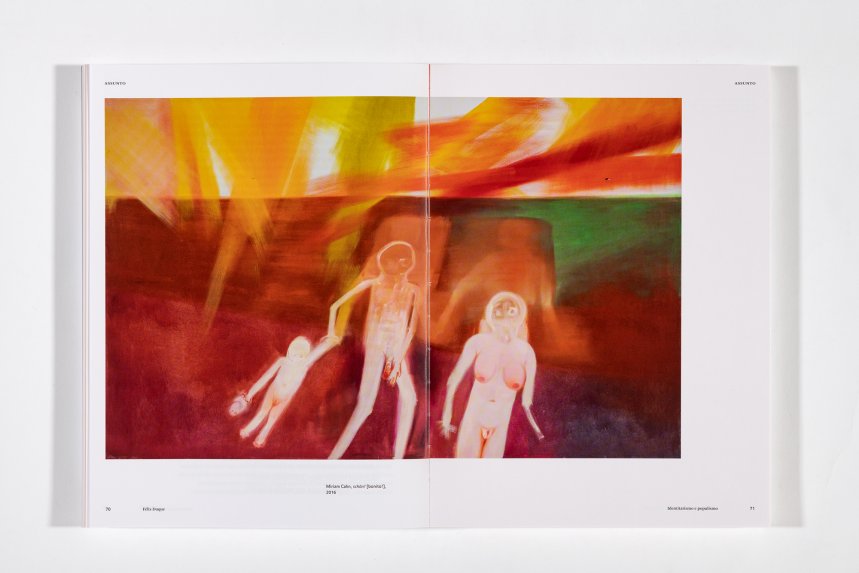
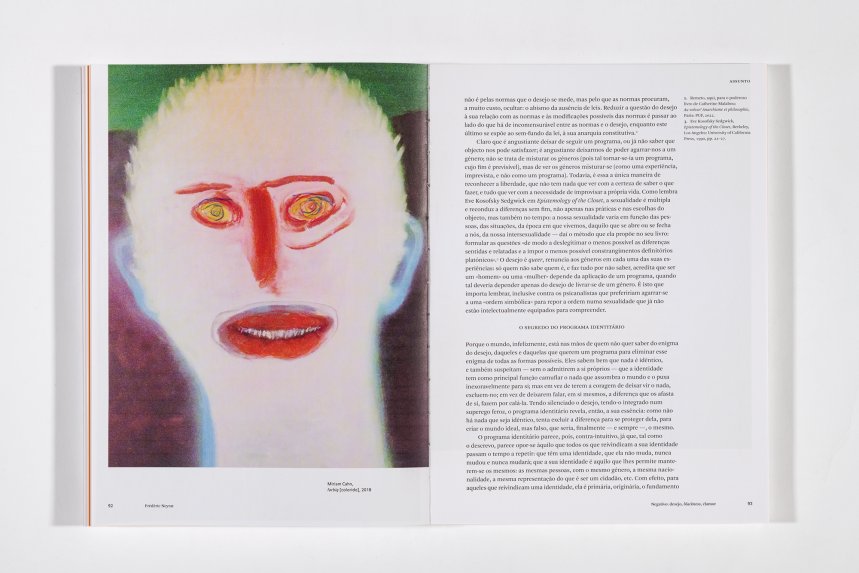
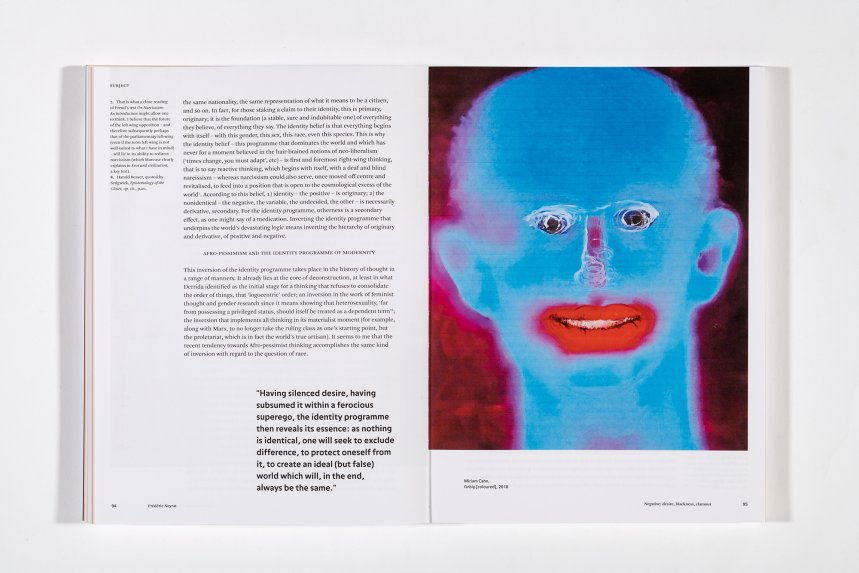
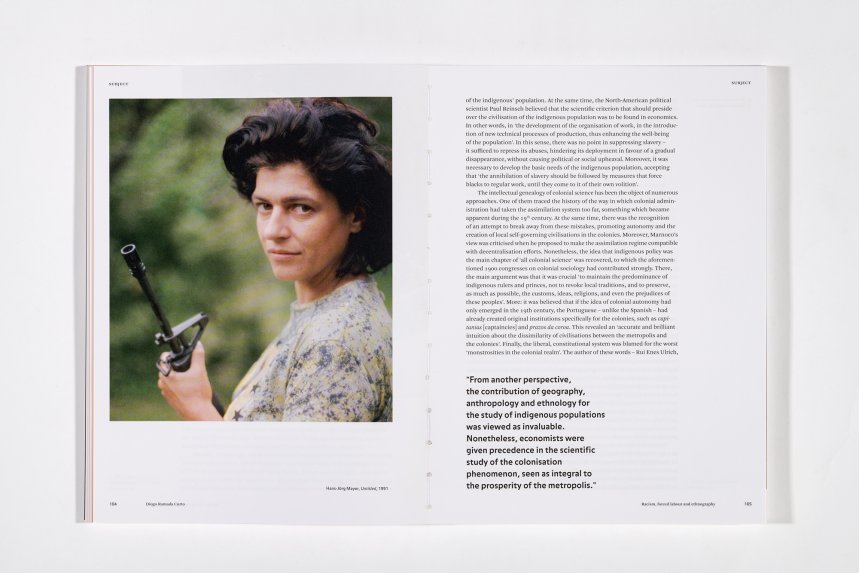
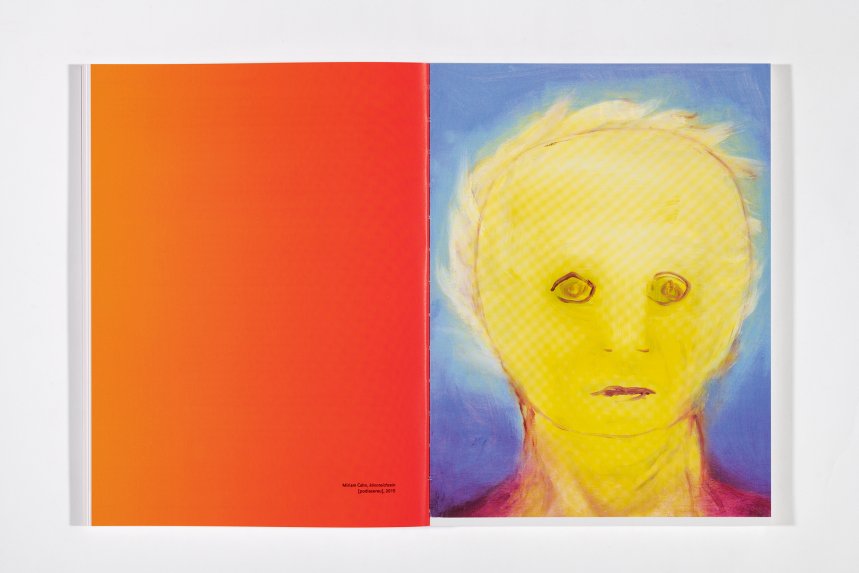
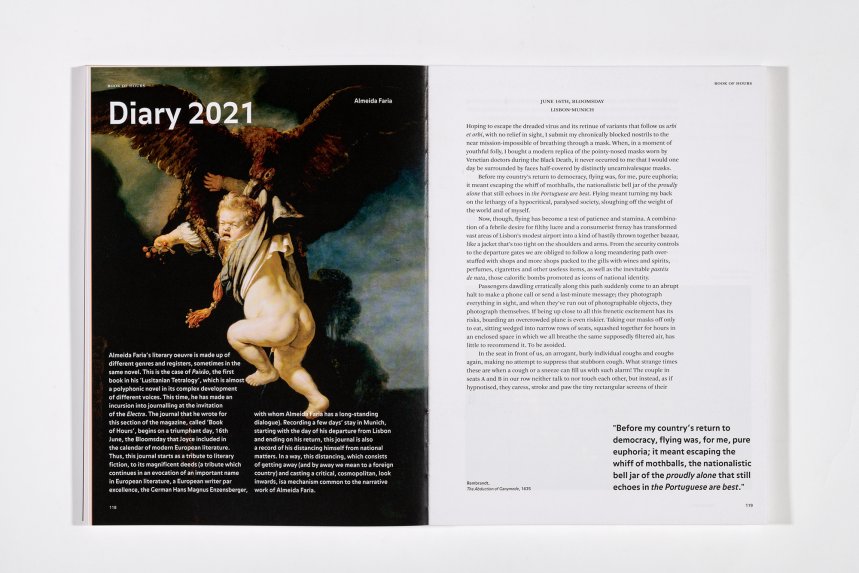
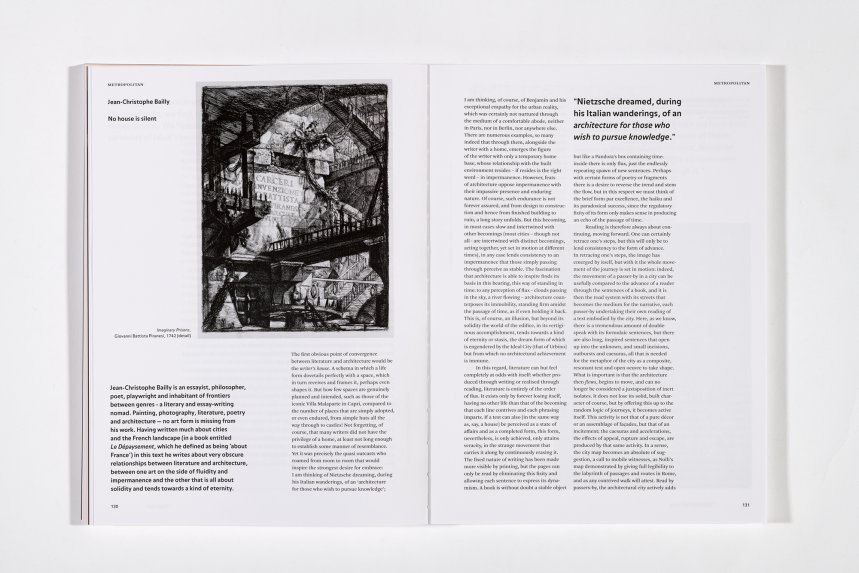
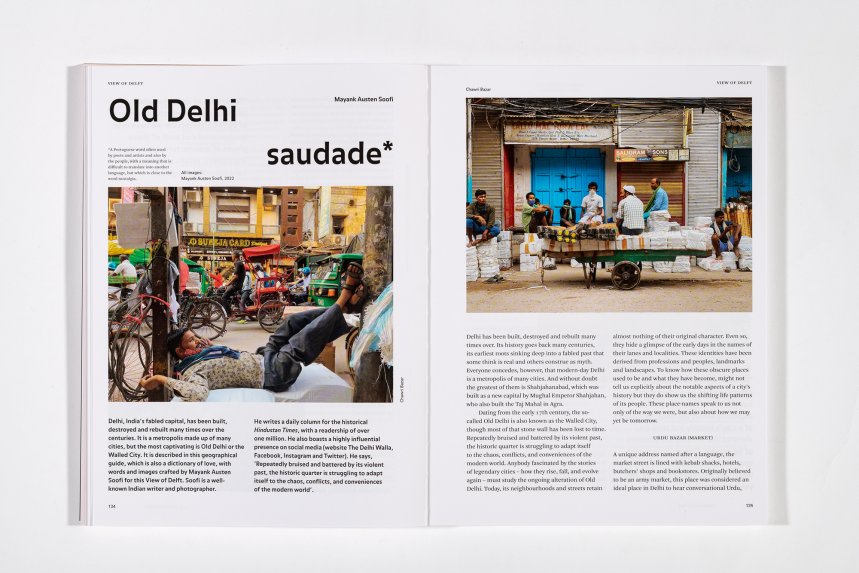
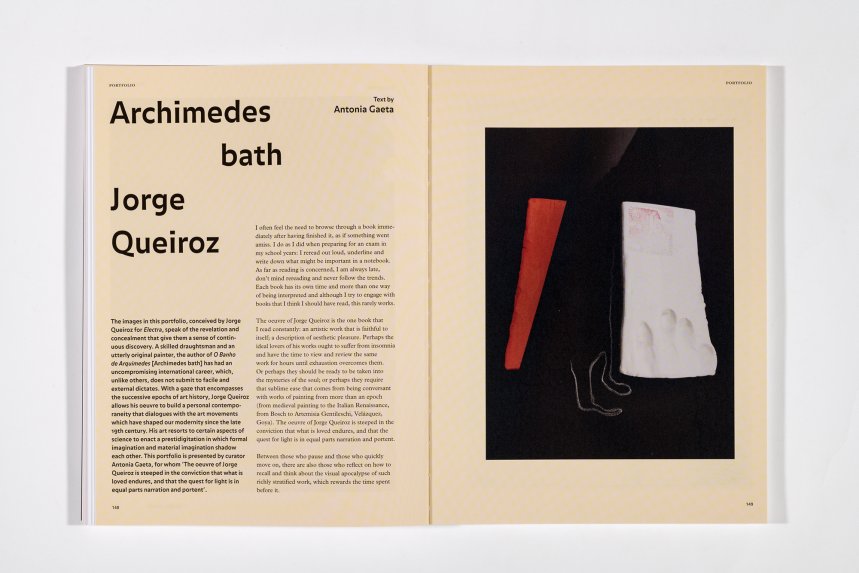
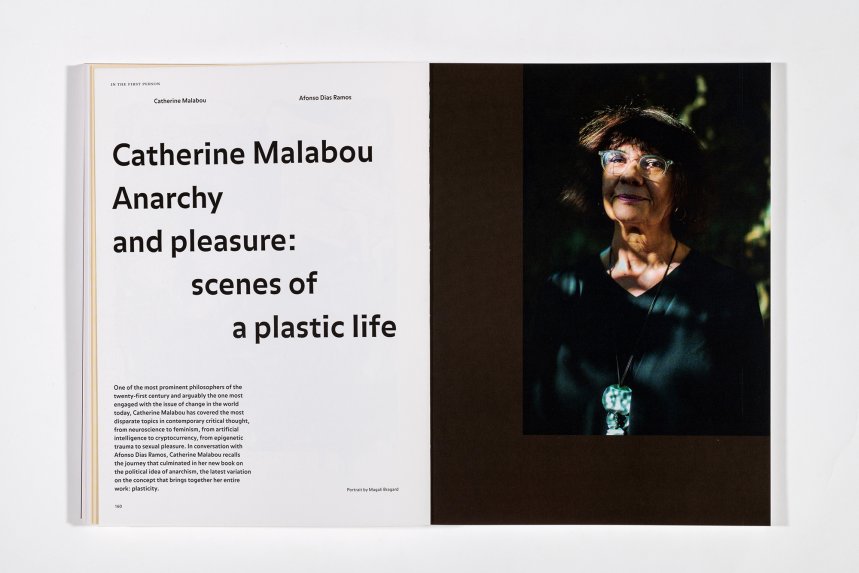
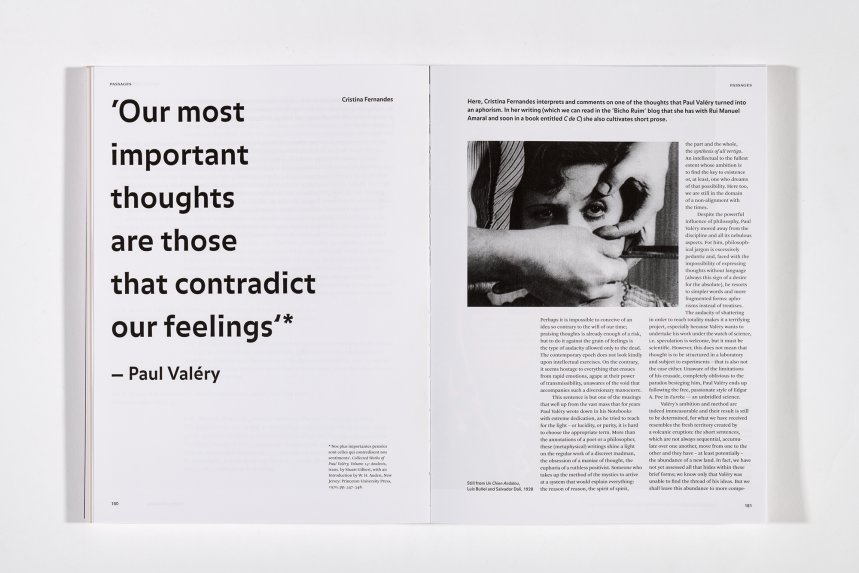
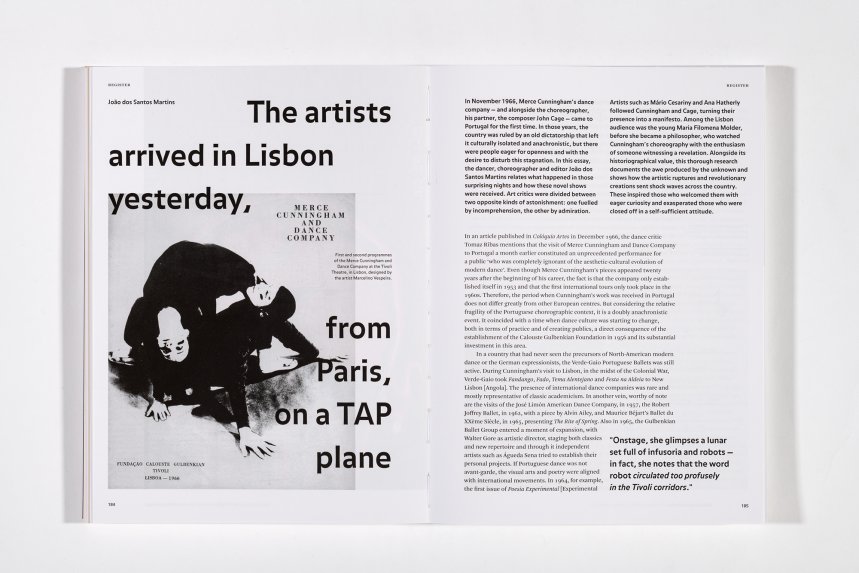
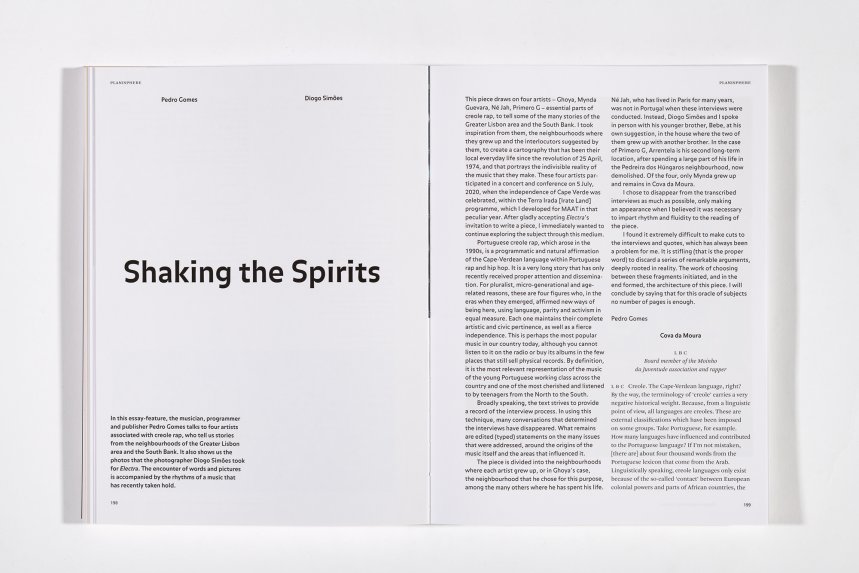
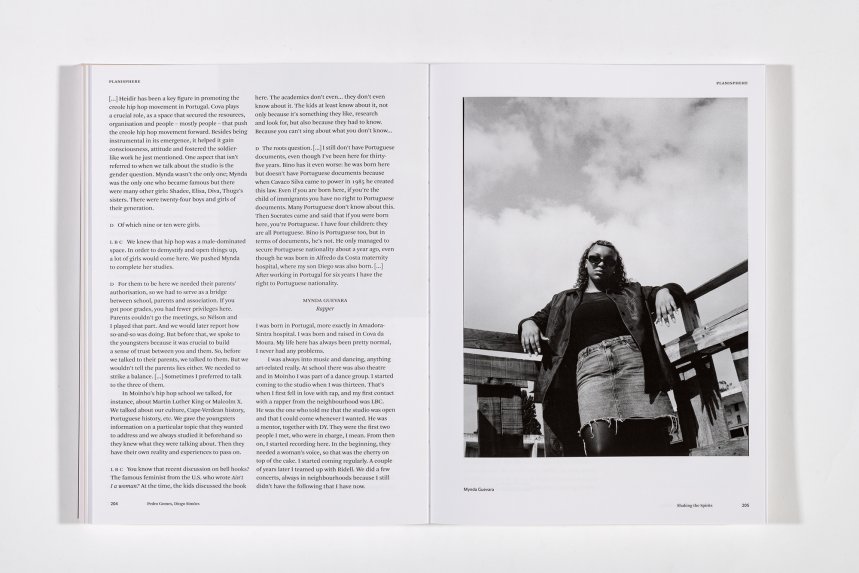
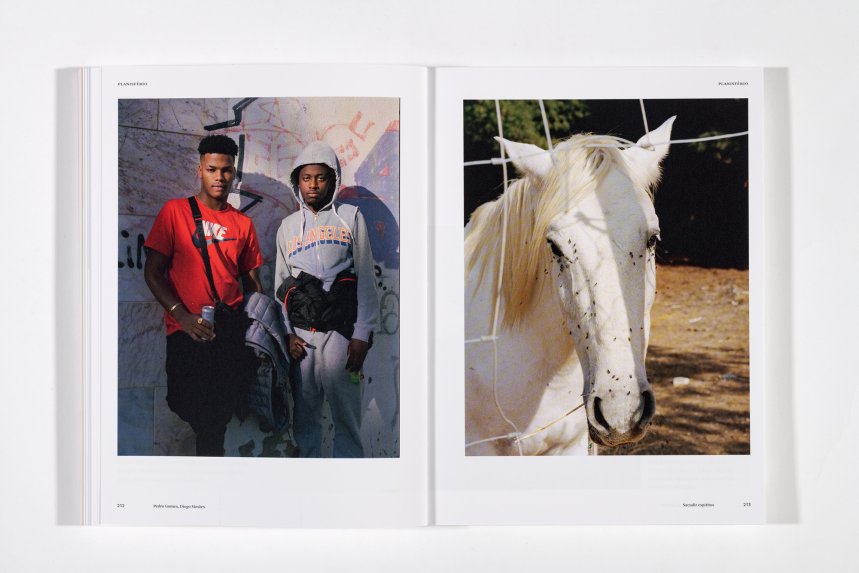
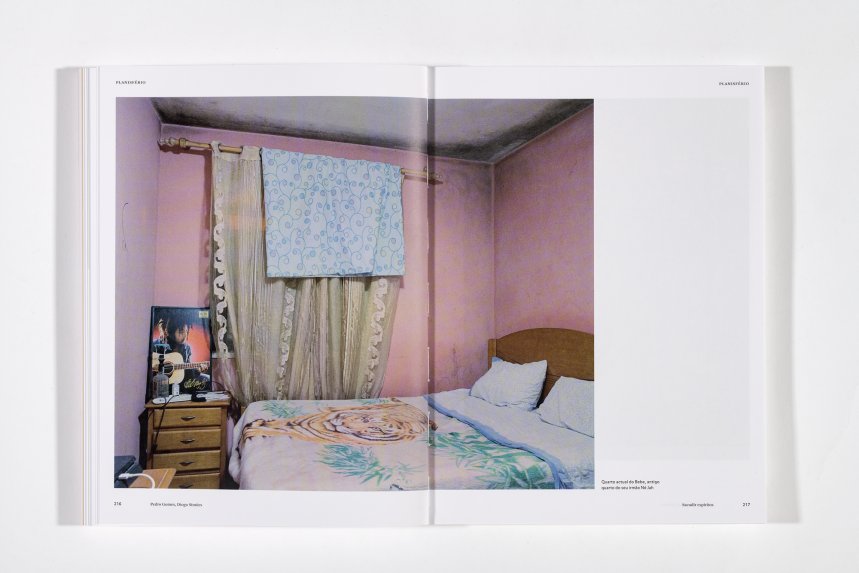
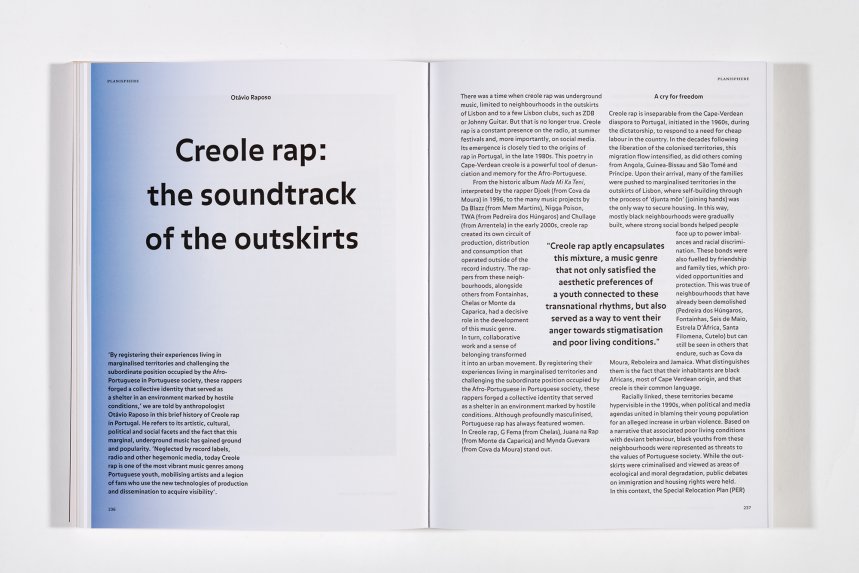

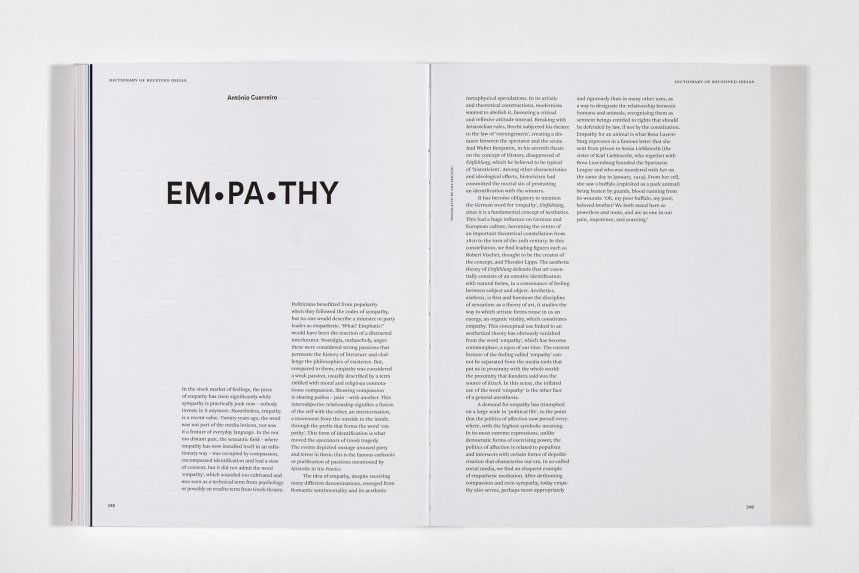
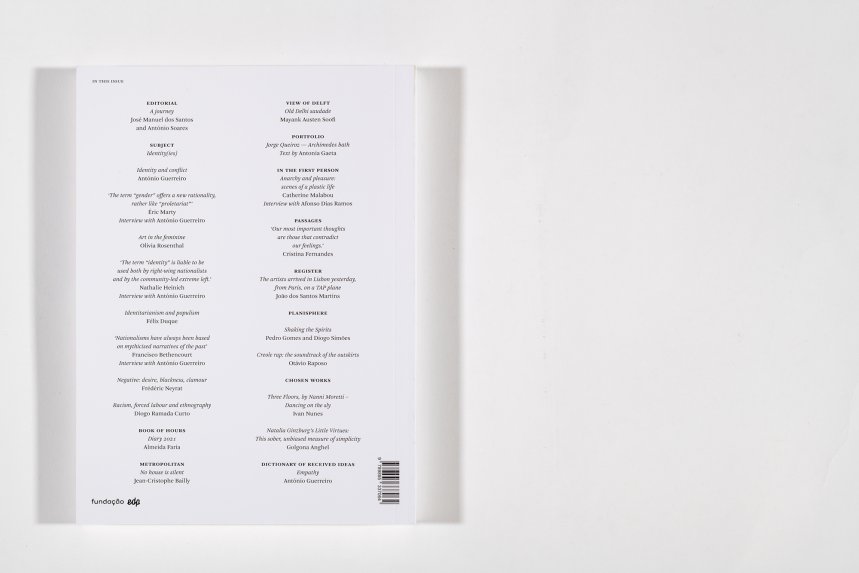
Identity(ies) is one of the great political questions of our time and the central theme of the 16th issue of Electra, marking the fourth year of this project. In recent decades, the concept of Identity(ies) has expanded vastly in the social, cultural and political fields as both a cause and instrument of activist movements and in theoretical developments in the various branches of cultural studies. Gender, sexuality, "race", ethnicity, culture and nationality are territories which appeal to a feeling of belonging while also defining a struggle for recognition. Interviews with Éric Marty, Francisco Bethencourt and Nathalie Heinich, and texts by Diogo Ramada Curto, Félix Duque, Frédéric Neyrat and Olivia Rosenthal all revolve around identity issues.
In “In the First Person” section, Afonso Dias Ramos interviews Catherine Malabou, one of the most prominent philosophers of this century, covering a wide range of issues relating to contemporary critical thought such as neuroscience, feminism, Artificial Intelligence, cryptocurrencies, epigenetic trauma and sexual pleasure.
The Portfolio featured in this issue is by Jorge Queiroz, a skilled draughtsman and highly original painter whose work constructs a personal contemporaneity in dialogue with the artistic movements that have shaped our modernity. The portfolio is accompanied by a text by curator Antonia Gaeta.
A new section, “Planisphere”, presents an essay-feature in which musician, programmer and editor Pedro Gomes talks to artists involved in Creole rap, revealing stories from the outer suburbs of Greater Lisbon and the South Bank. This piece also features images taken for Electra by photographer Diogo Simões and a brief history of Creole rap in Portugal by anthropologist Otávio Raposo.
Also in Electra 16, novelist Almeida Faria makes an incursion into the diaristic genre on the basis of a sojourn in Munich, paying tribute to literary fiction and, in particular, to the writer Hans Magnus Enzensberger while casting a critical eye over Portugal; Indian writer and photographer Mayank Austen Soofi guides us through Old Delhi, the historic quarter of India's capital; essayist, philosopher, poet and playwright Jean-Christophe Bailly offers a text about the not so evident relationship between literature and architecture; and writer Cristina Fernandes interprets an aphorism by Paul Valéry.
Also in this issue, dancer, choreographer and editor João dos Santos Martins relates some surprising stories connected to the first visit to Portugal of Merce Cunningham's dance company in 1966; Ivan Nunes writes about Three Floors, the latest film by director Nanni Moretti; Golgona Anghel writes about The Little Virtues, a book by writer Natalia Ginzburg; and, in the “Dictionary of Received Ideas”, António Guerreiro discusses the word “Empathy”.
